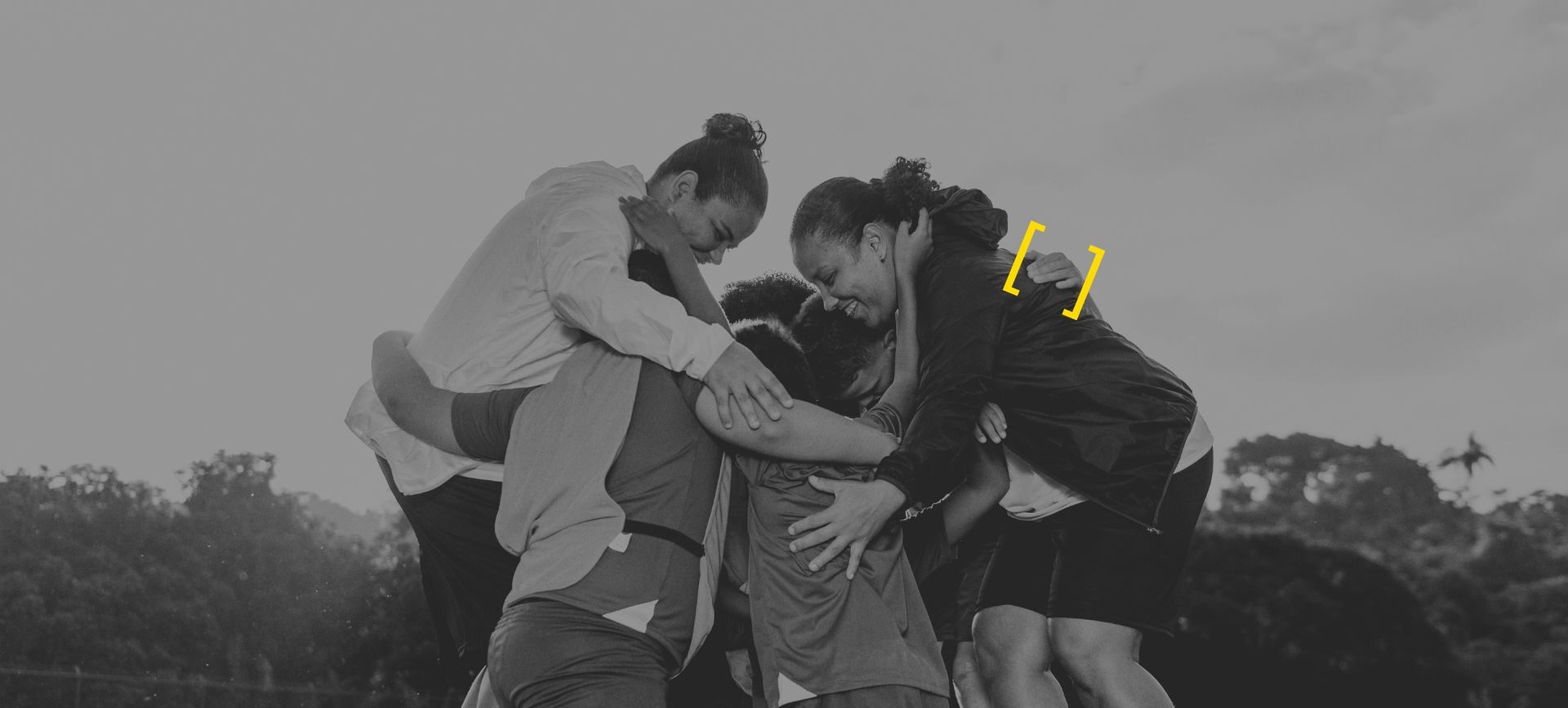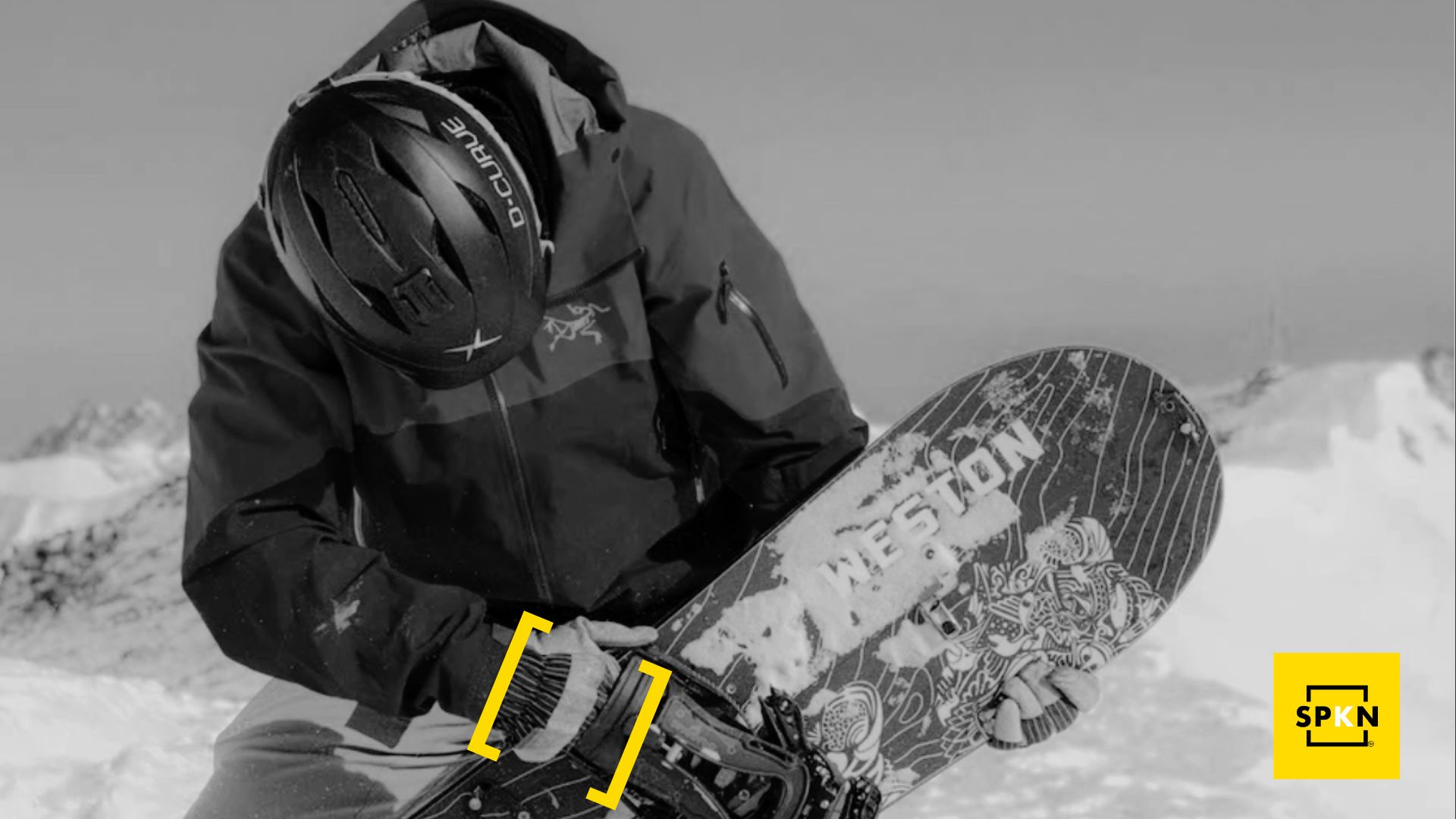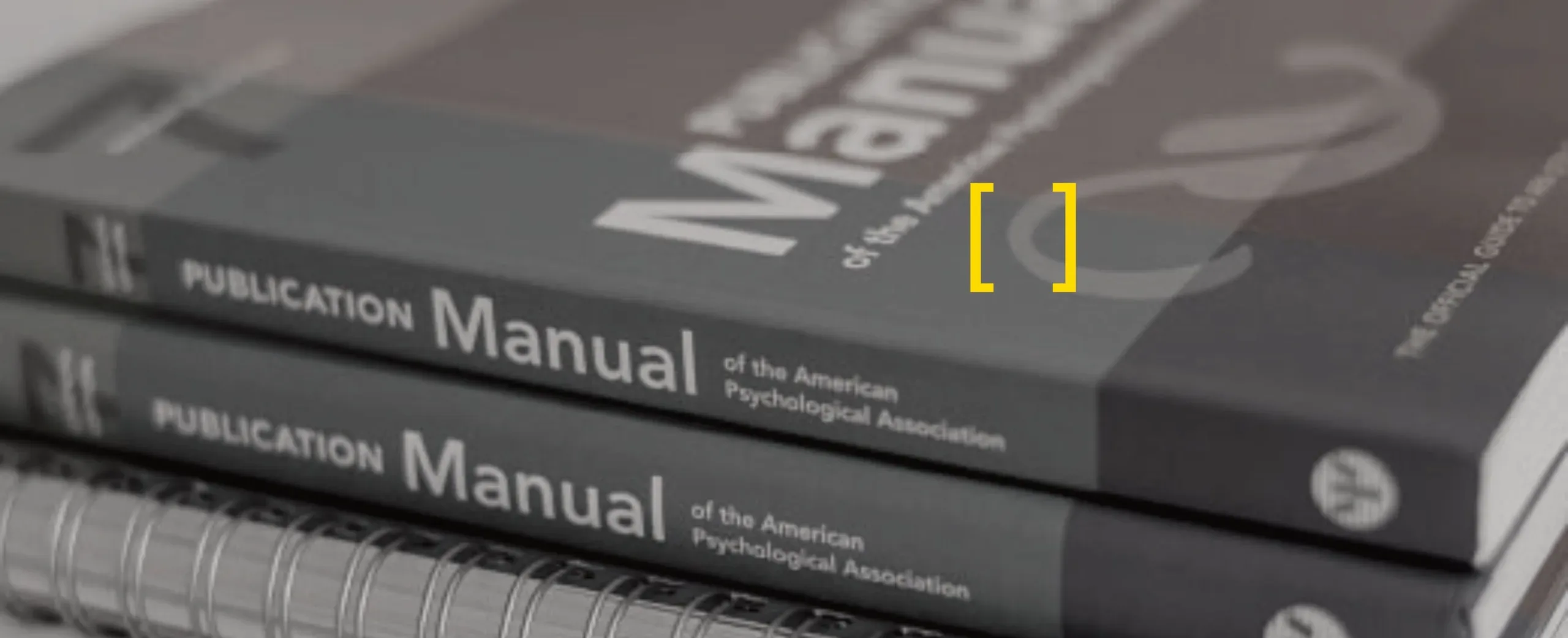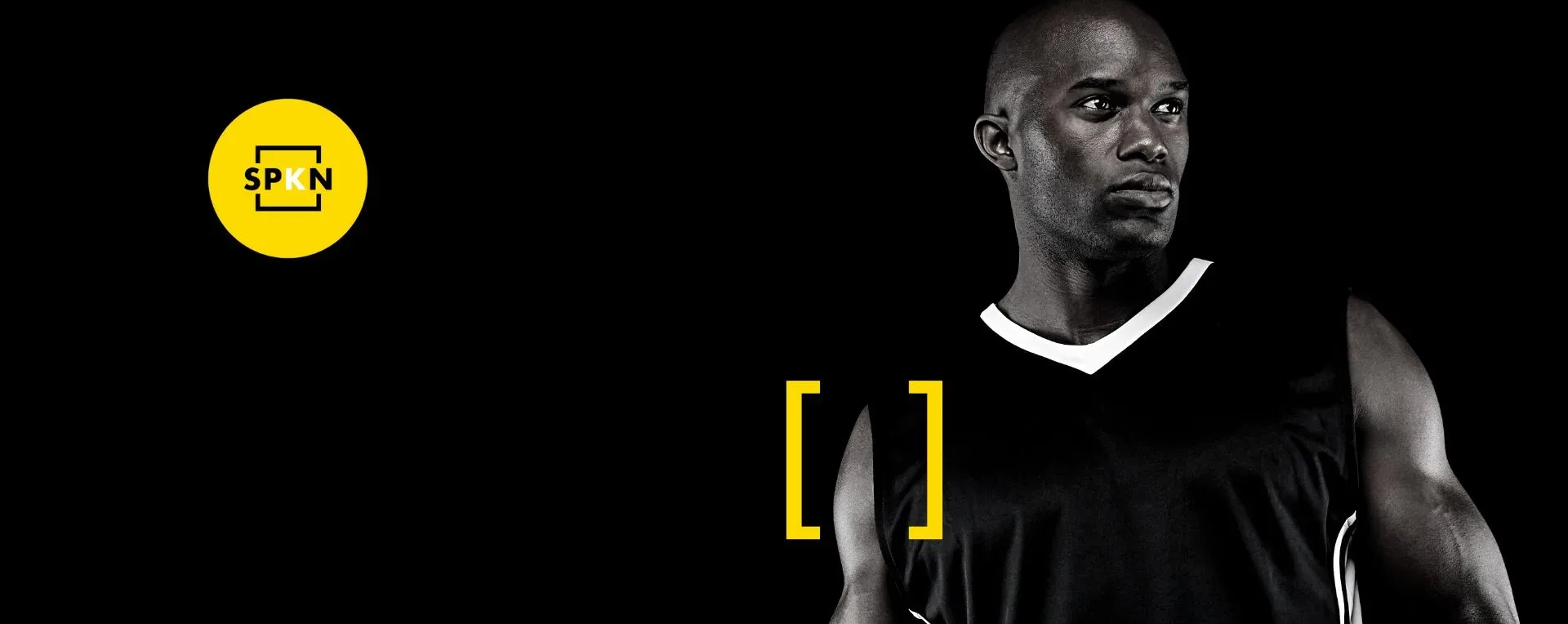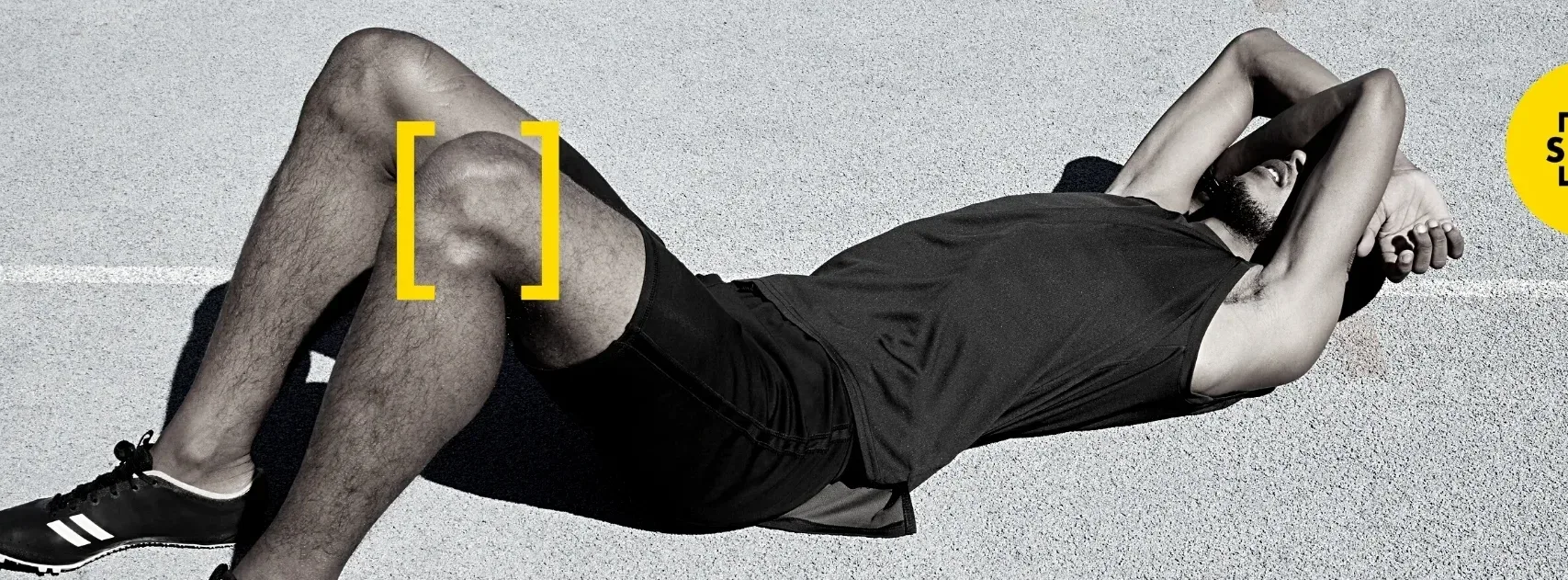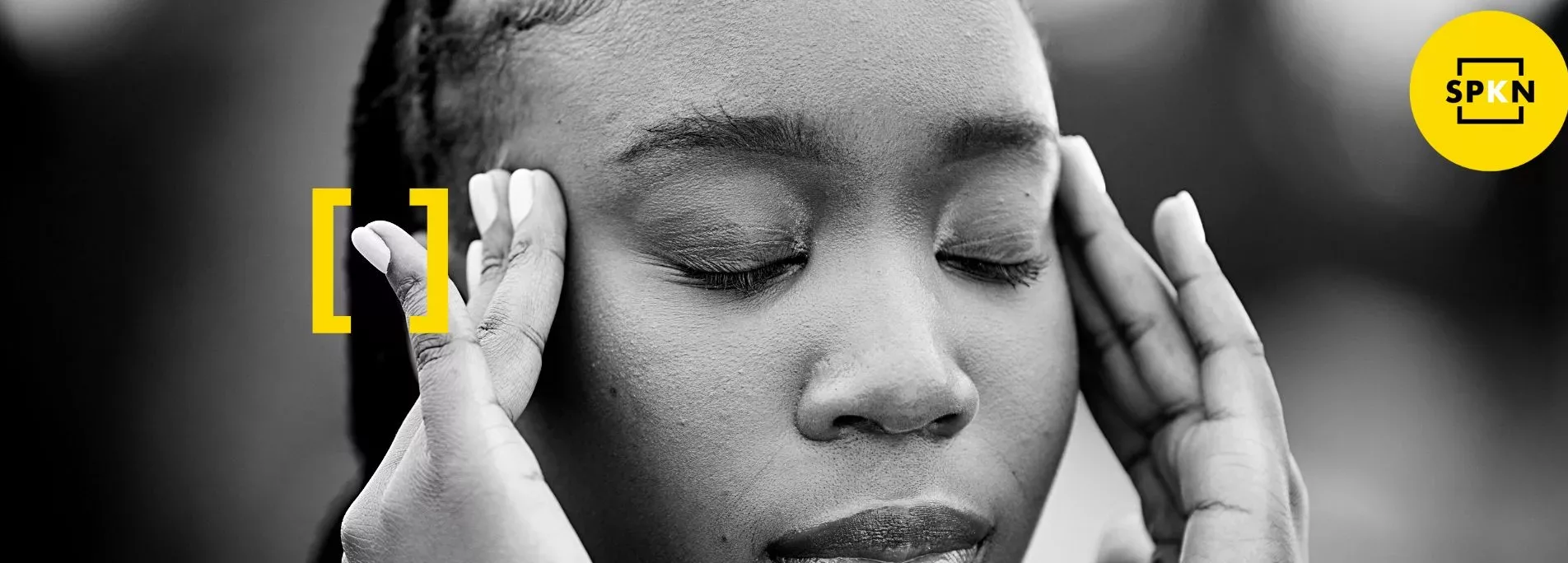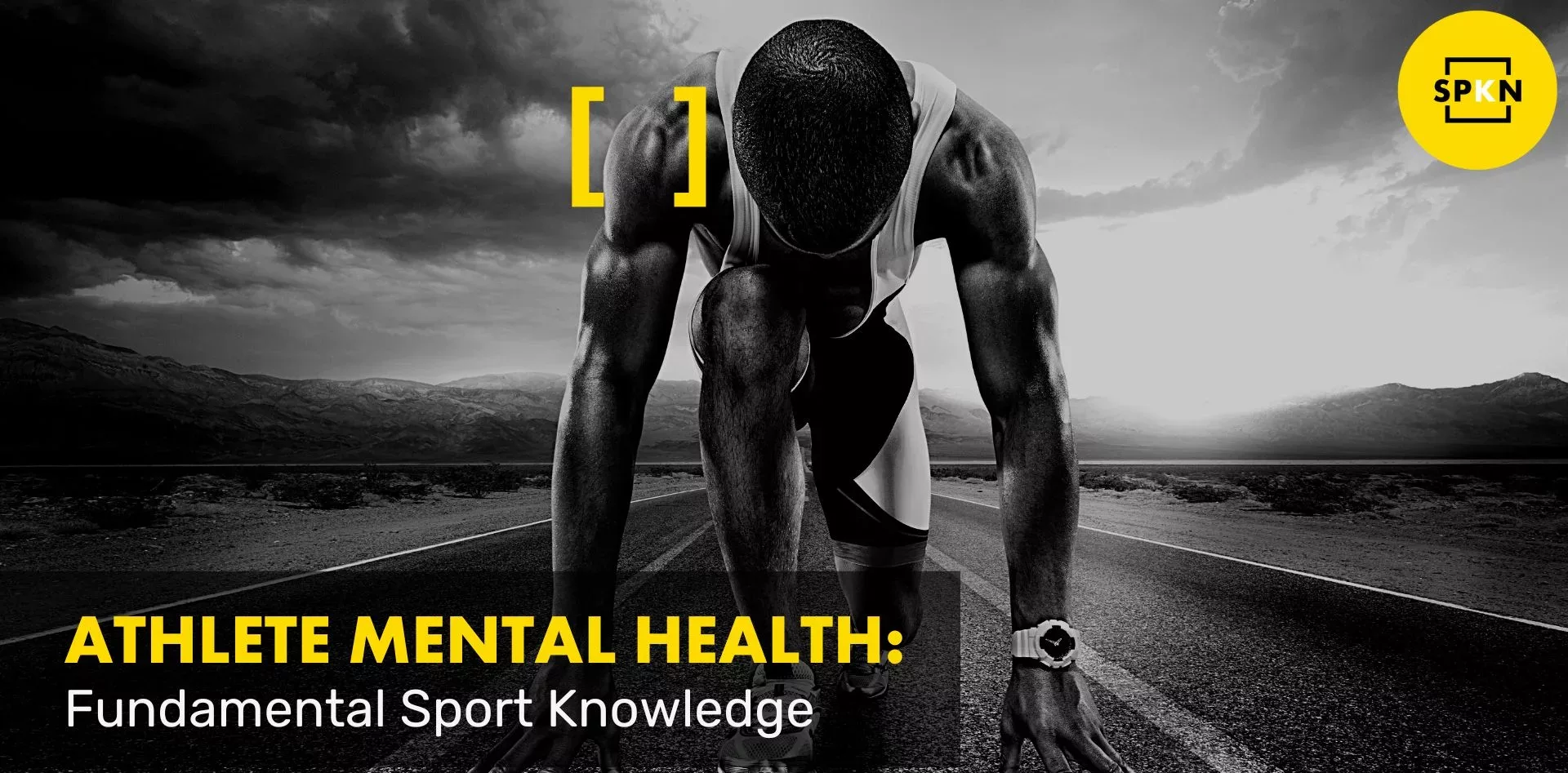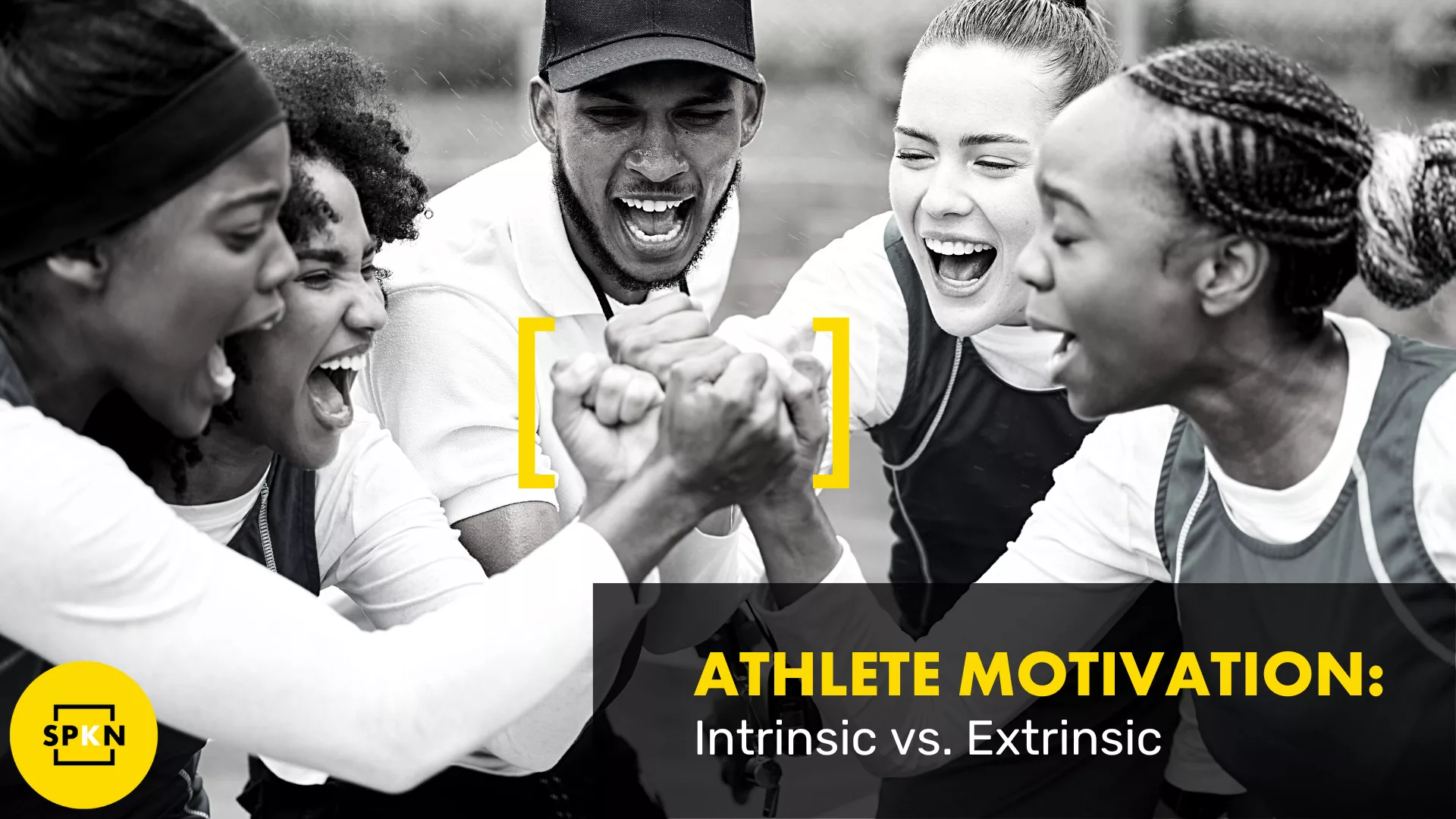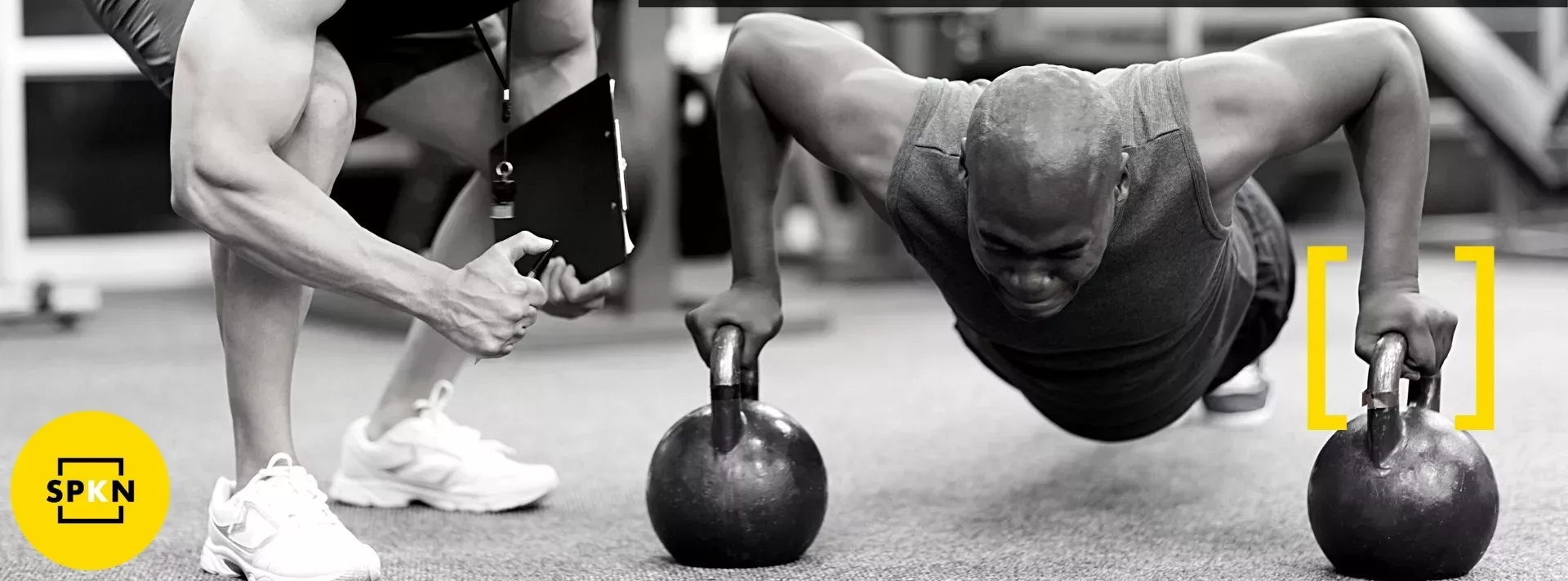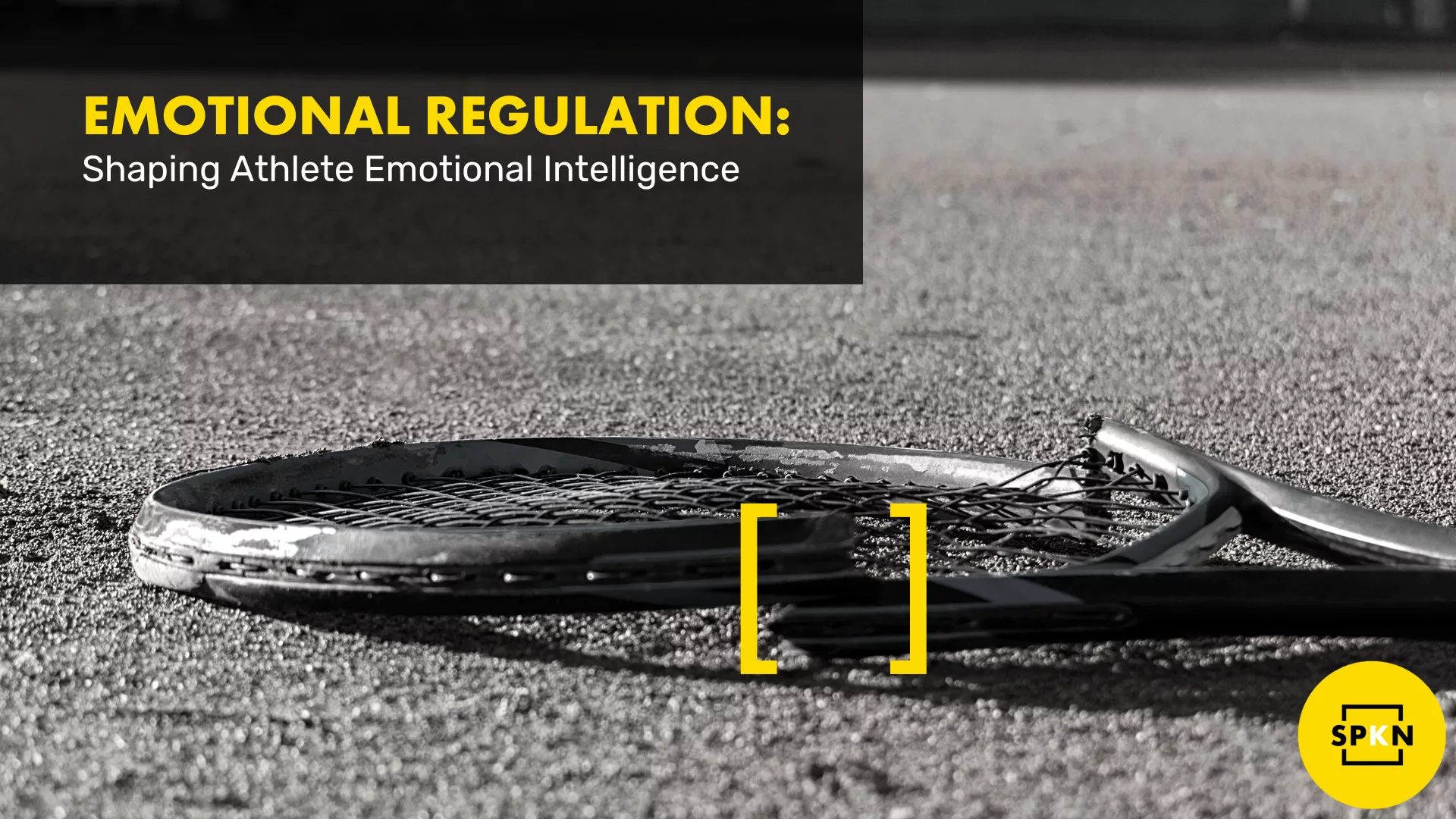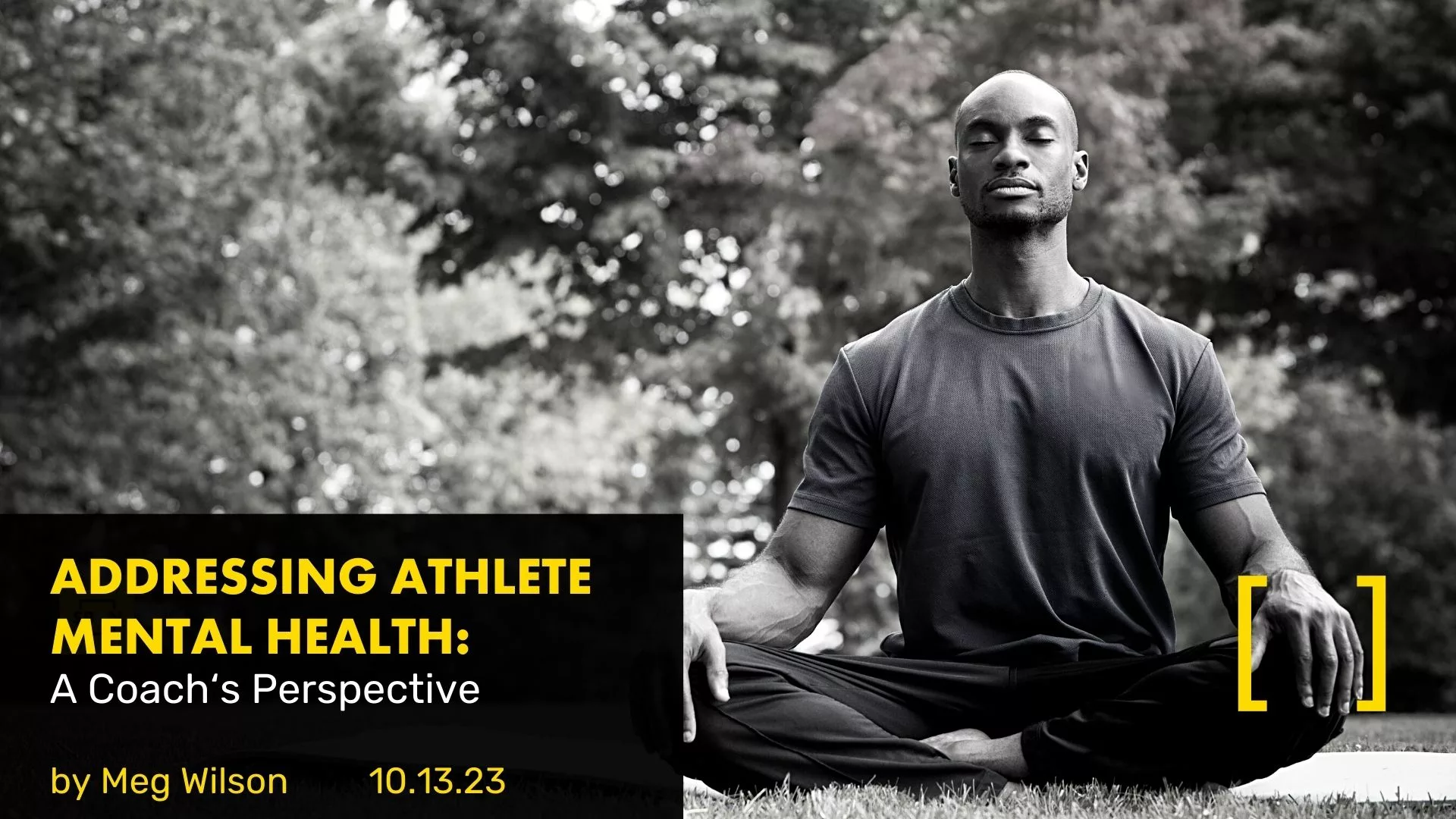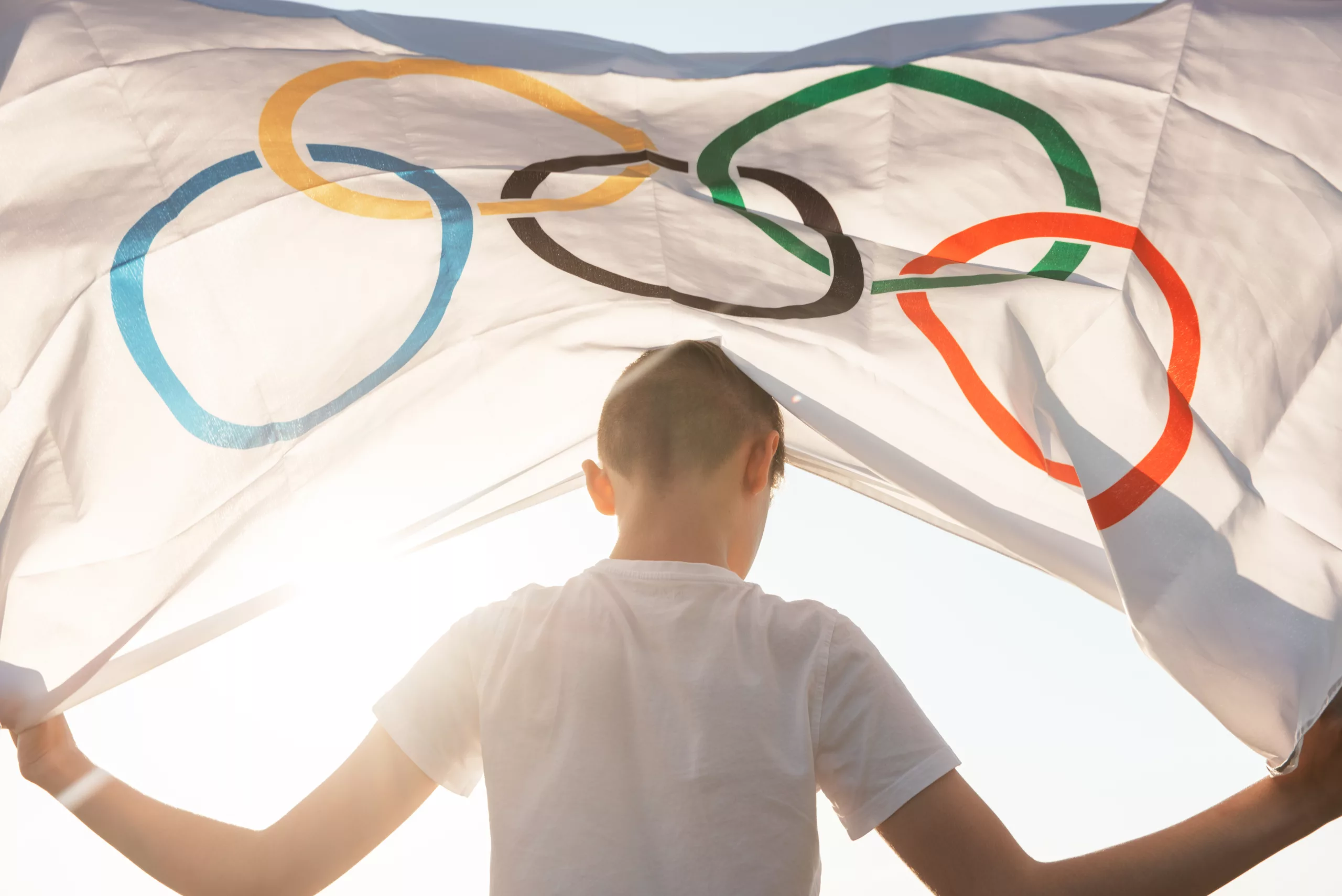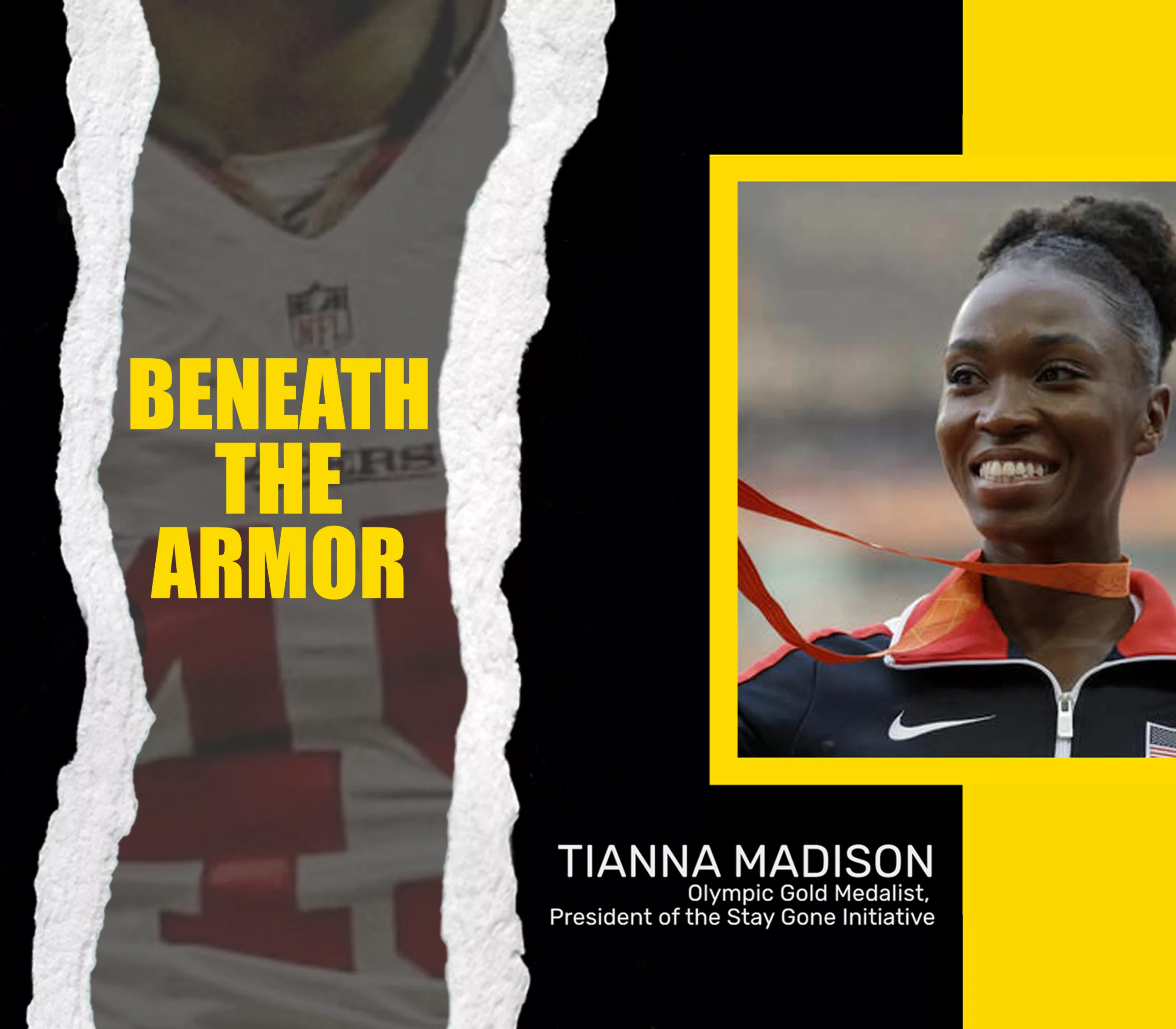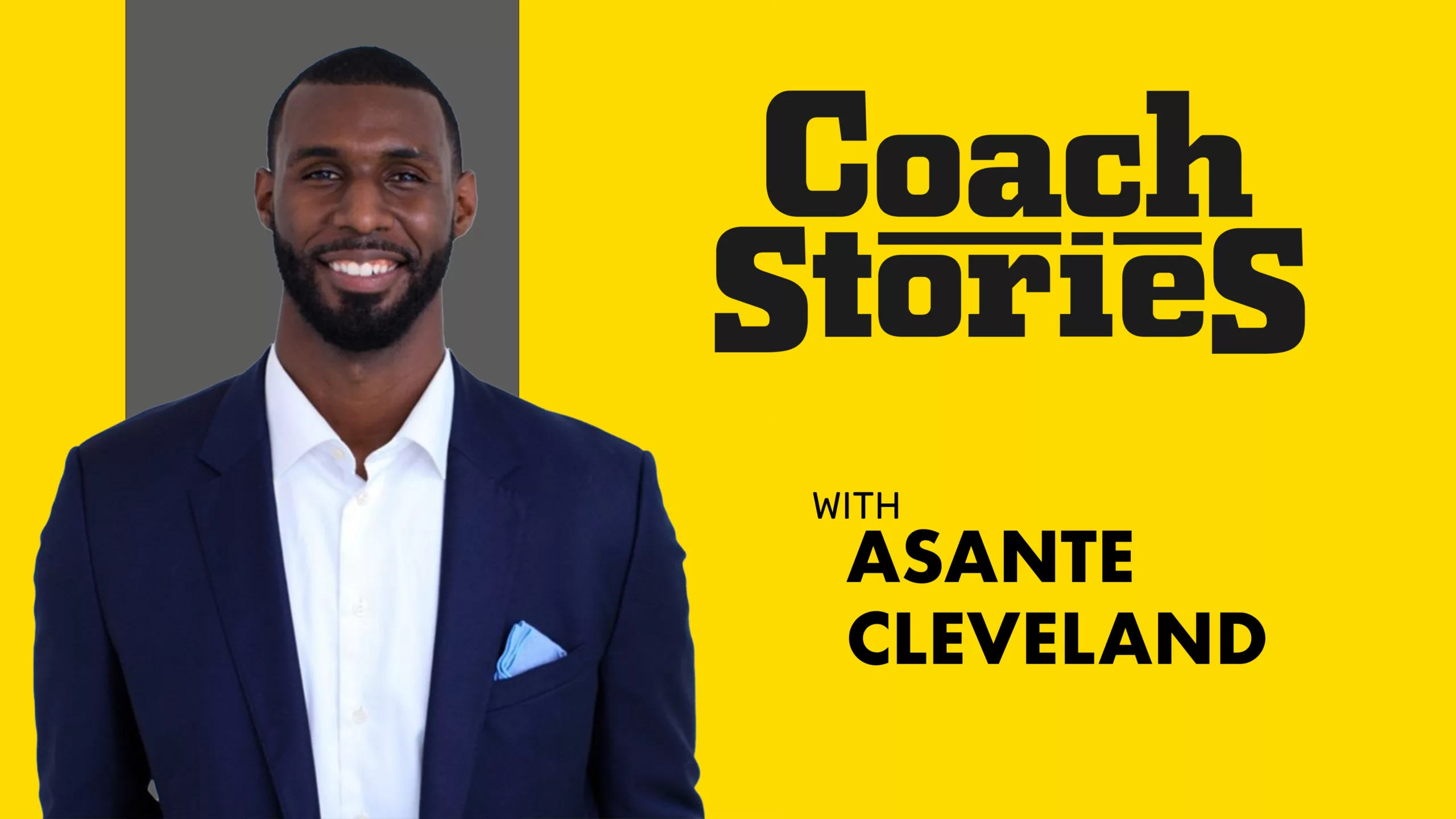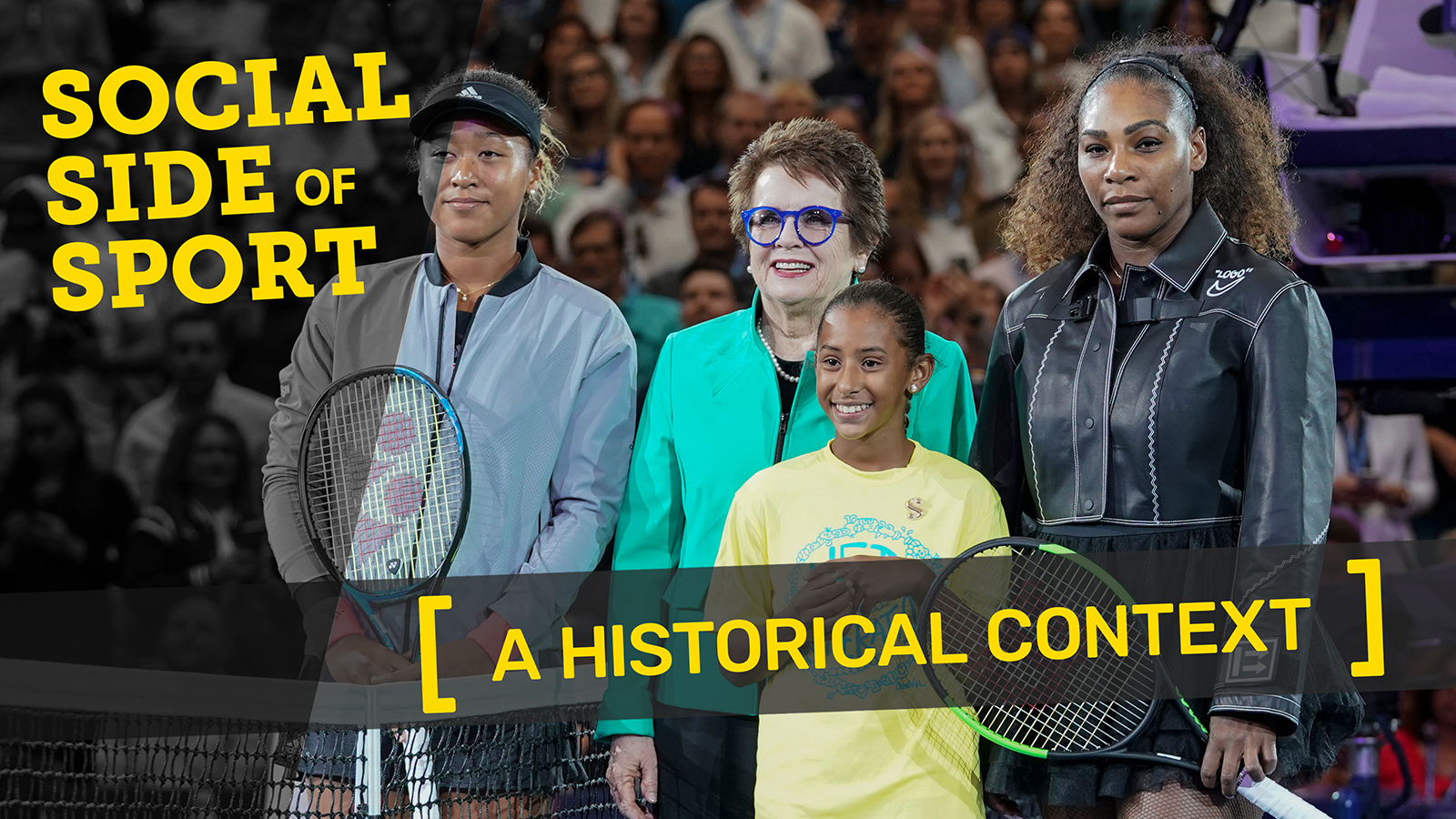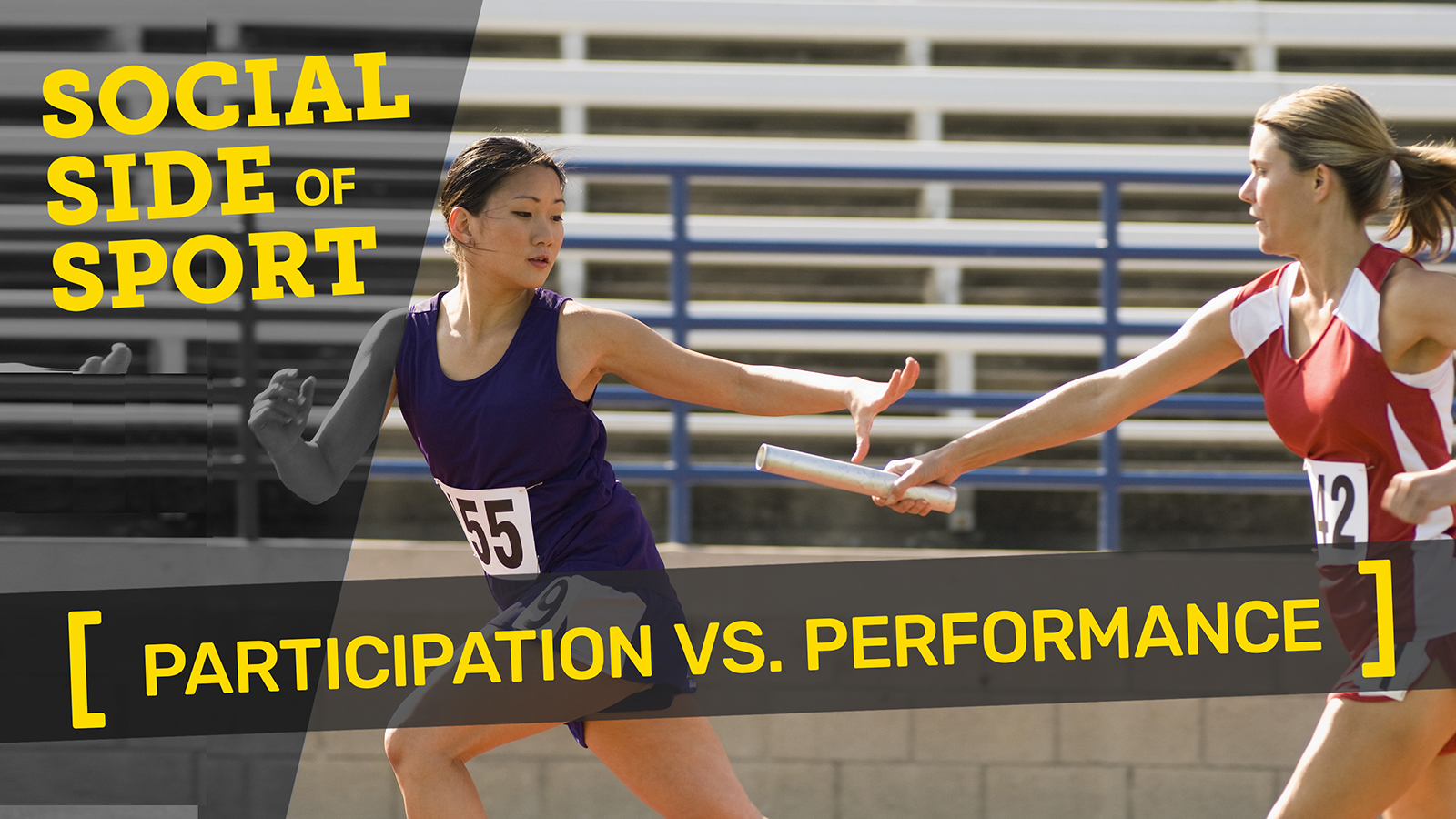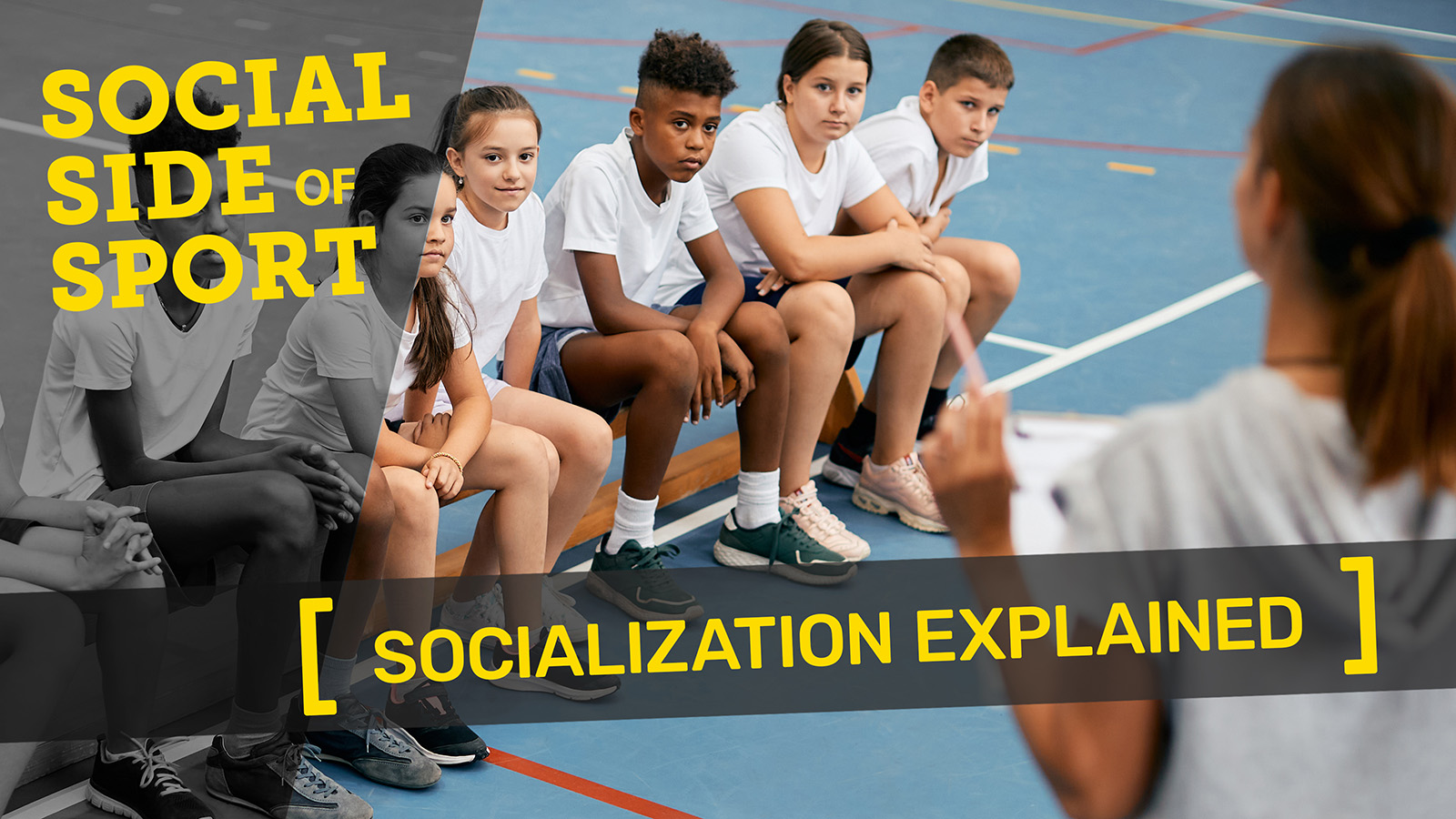In sports the terms, ‘anticipation’ often refers to the prediction of an opponent’s action, outcome, or future events in general (Loffing & Can˜al-Bruland, 2017). In dynamic interactive sports, high playing speed and/or close distances often require an immediate reaction to the opponent’s action. The spatiotemporal constraints occurring in such situations (e.g., first serve in tennis), however, often do not allow that players react only after the opponent’s action outcome is visible.
Therefore, players must learn to identify early cues in their opponent’s action to predict its outcome so as to enable the timely initiation and coordination of their own motor responses.
Athletes are capable of predicting their opponent’s action based on early kinematic cues (Loffing & Cañal- Bruland, 2017). This has been confirmed in a multitude of experiments. Using the temporal occlusion paradigm, game situations are shown from the perspective of an athlete (often as videos) and are stopped at a certain time point. Participants are then asked to predict the outcome of the sequence (e.g., to which direction will the ball travel?). Using different occlusion conditions, it has been shown that experienced athletes make better predictions than their less experienced counterparts overall and that this expertise effect is most pronounced at early occlusion conditions.
Through combination of the temporal and event occlusion paradigm (e.g., masking of movement components), it has further been suggested that experienced athletes are often able to extract profitable information from various regions. Compared to less experienced control groups, experienced tennis players, e.g., integrate both distal (e.g., racket1arm) and proximal (e.g., trunk) motion cues in the prediction of an opponent’s groundstroke direction (Williams, Huys, Cañal-Bruland, & Hagemann, 2009). Research on eye movements supports these findings insofar as skilled tennis players, as opposed to less skilled players, were found predominantly to fixate on opponent’s trunk and shoulders as well as to adopt a more efficient gaze strategy by using fewer fixations of longer duration (Mann, Williams, Ward, & Janelle, 2007).
According to recent work, not only kinematic cues but also contextual or situational cues are fed into anticipation. An opponent’s on-court position in tennis, e.g., is associated with different shot direction probabilities and players were found to rely on position-dependent probabilities when anticipating their opponent’s shot outcome. Moreover, other factors such as individual preferences, previous action outcomes, game score, or base rates of certain game patterns were suggested to affect anticipation (for a review, e.g., see Loffing & Cañal-Bruland, 2017).
Due the assumed importance of anticipation for successful performance in dynamic sports, targeted training programs are continuously developed to help improve (talented) athletes’ anticipation (Broadbent, Causer, Williams, & Ford, 2015). In this regard, questions related to issues such as the optimal method of instruction, the meaning of ecological validity, or the transfer into real competition are addressed, but they are yet far from being answered entirely.
References
Broadbent, D. P., Causer, J., Williams, A. M., & Ford, P. R. (2015). Perceptual-cognitive skill training and its transfer to expert performance in the field: Future research directions. European Journal of Sport Science, 15, 322 331.
Loffing, F., & Can˜al-Bruland, R. (2017). Anticipation in sport. Current Opinion in Psychology, 16, 6 11.
Mann, D. Y., Williams, A. M., Ward, P., & Janelle, C. M. (2007). Perceptual-cognitive expertise in sport: A metaanalysis. Journal of Sport and Exercise Psychology, 29,
457 478.
Williams, A. M., Huys, R., Can˜al-Bruland, R., & Hagemann, N. (2009). The dynamical information underpinning anticipation skill. Human Movement Science, 28, 362 370.
***Contributed by Norbert Hagemann & Florian Loffing for Hackfort, D., Schinke, R. J., & Strauss, B. (Eds.). (2019). Dictionary of sport psychology:sport, exercise, and performing arts. Academic Press. https://amzn.to/3ZxARzT

